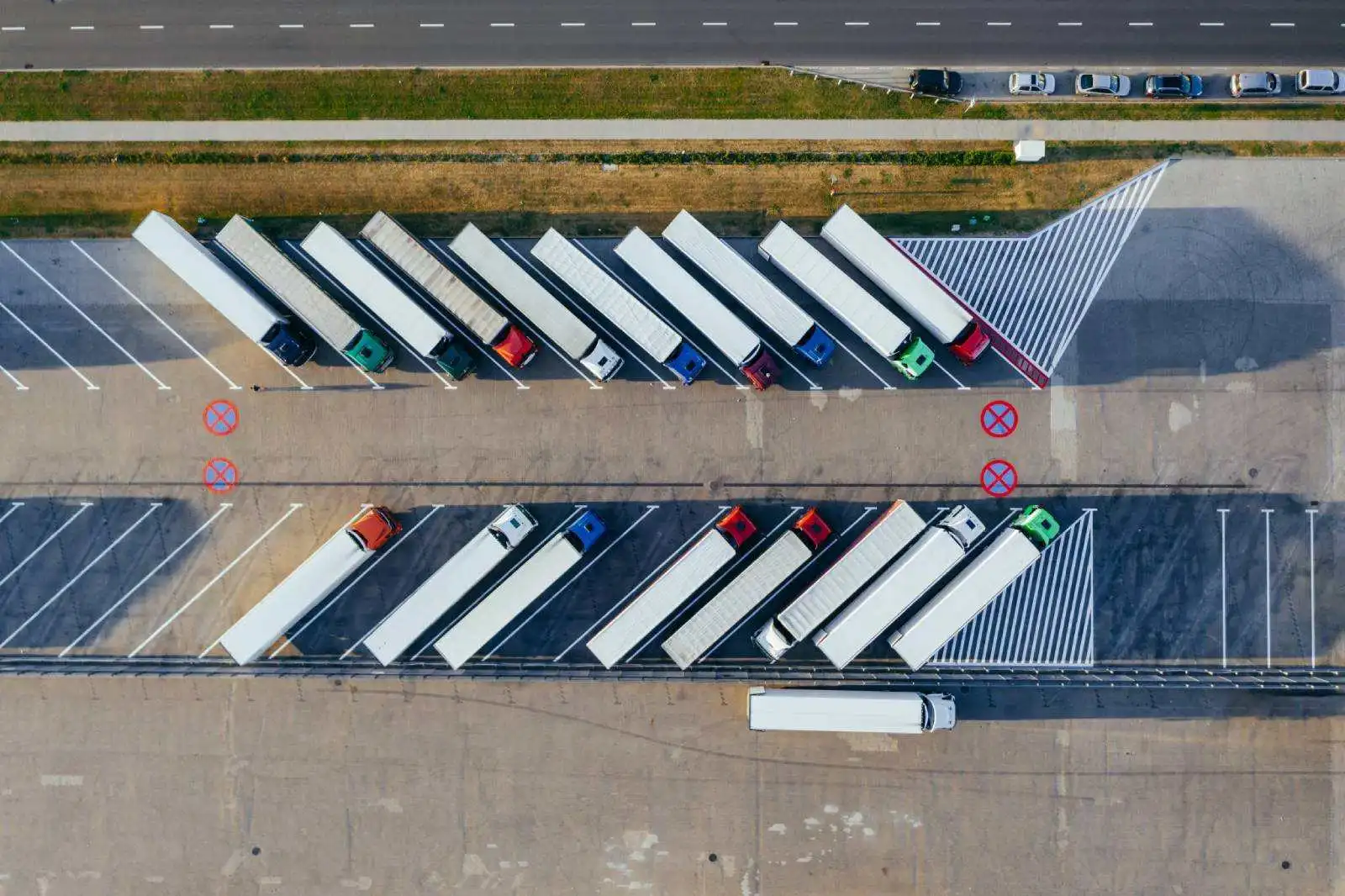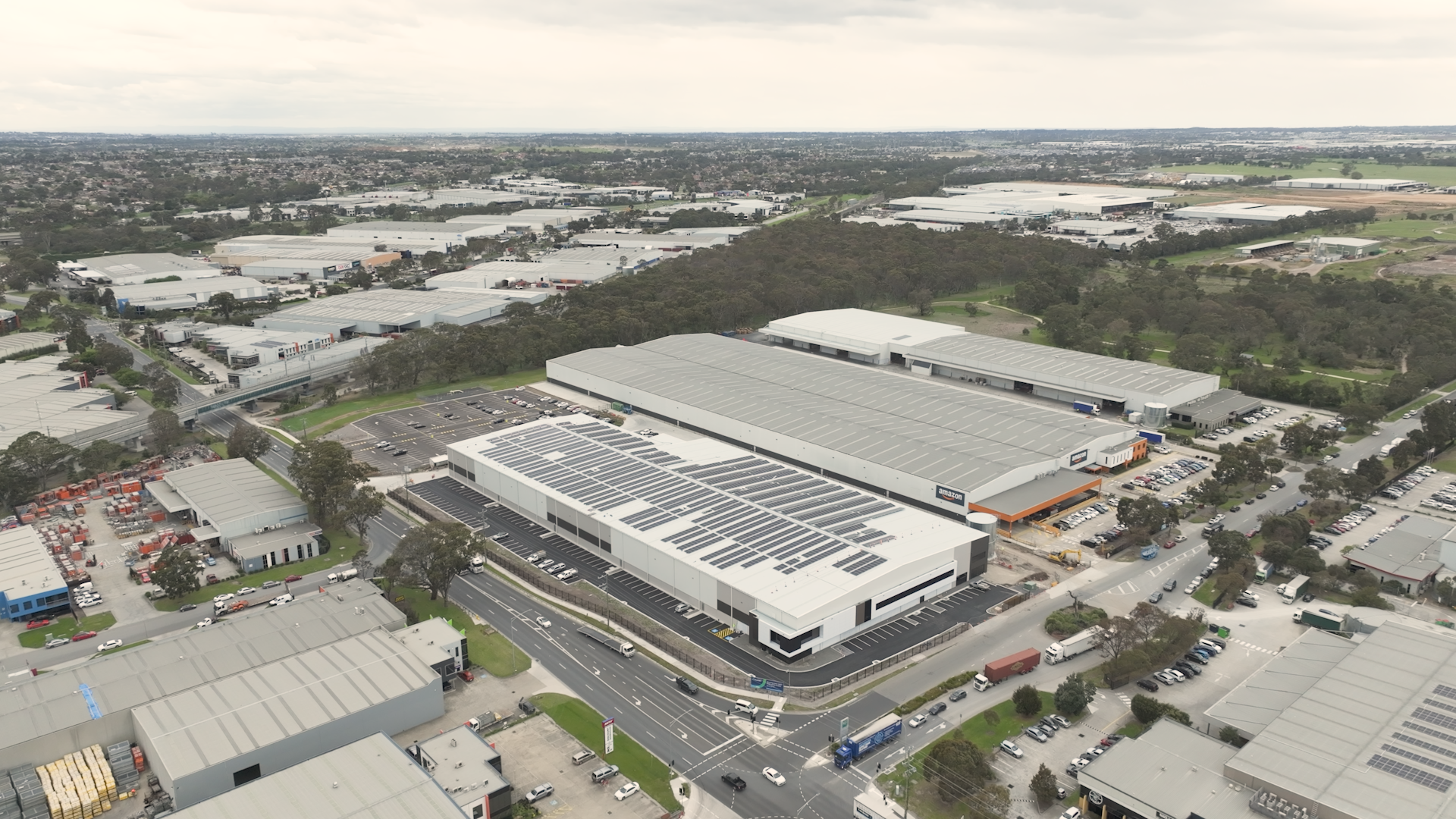Pure Dairy has a commitment to delivering world-class dairy products that create and drive value in every transaction, for every customer. With our core values based on care, quality and trust, along with an internal expectation of going above and beyond, we strive to ensure our products are delivered efficiently and in a condition that our customers expect. As a small cog in the wheel of the food supply chain, our products are transported nationally with refrigerated transportation and we rely on the support of our own transport providers to ensure they operate with the same passion that we do.
The food supply chain in Australia is a complex system that involves various stages from production, processing, transportation, and storage to retail and consumption. The refrigerated transport industry is an integral part of this system, ensuring that fresh produce and perishable goods are transported safely and efficiently across the country. The refrigerated transport industry is also supported by a network of specialised infrastructure, such as cold storage facilities, distribution centres, and specialised packaging and handling equipment.
With recent announcements within the refrigerated transport industry, Pure Dairy is monitoring the market and working closely with our own distribution providers to ensure we continue to provide the best value and service for our customers.
The recent news of Scott’s Transport going into receivership may have a significant impact on the transport industry in Australia, particularly for the transport of fresh produce and perishable goods. Scott’s moved on average 8000 pallets a day and was one of the largest five refrigerated logistics companies in the country alongside Linfox, Lineage, Americold and Lindsay. Scott’s customers include most of the larger retailers such as Coles, Woolworths, IGA, and Aldi, along with a number of small and medium-sized businesses. Most of the larger customers have already reported a shift in their refrigerated transport provider.
Scott’s had been impacted by increased fuel prices, extreme weather events, COVID-19 shutdowns and a shortage of workers. It’s reported the firm’s 500 trucks will all be sold, and the flow-on effects are expected to be felt throughout the transport sector.






